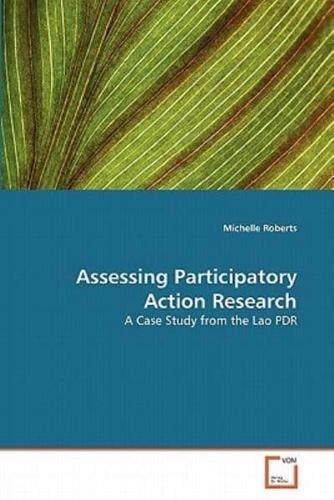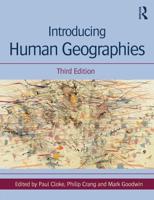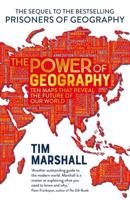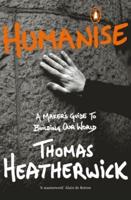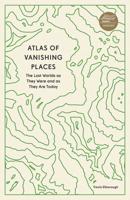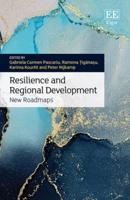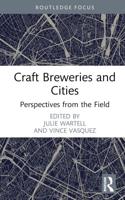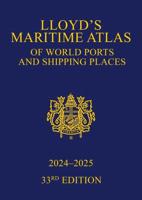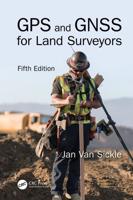Publisher's Synopsis
Since the early 1990's participatory approaches have been promoted as a means to involve local people in development initiatives. Within the environmental field, participatory methodologies emphasize decentralized approaches to decision-making. In particular, Participatory Action Research (PAR) advocates a collaborative knowledge-generating process engaging participants and researchers with the overall goal of empowering marginalized populations while alleviating poverty. Research presented in this monograph assesses PAR through the Integrated Upland Agricultural Research Project (IUARP) in Luang Prabang Province, Laos. The IUARP was designed to produce alternatives to shifting cultivation for smallholder farmers. Through interviews, observations, and a farmer database the author analyzes who participates in the project, who benefits, and the level of participation between project administrators and farmers. The objective is to understand how well PAR theory works in practice.
